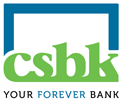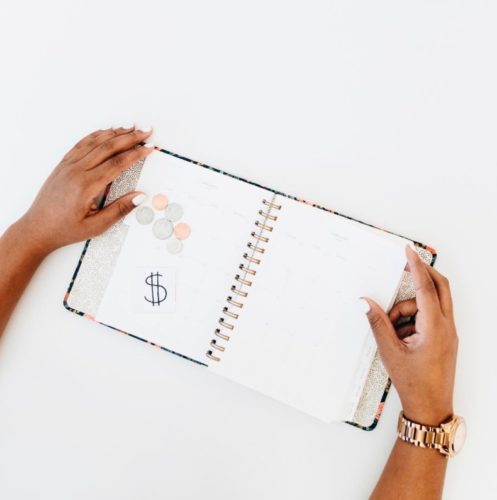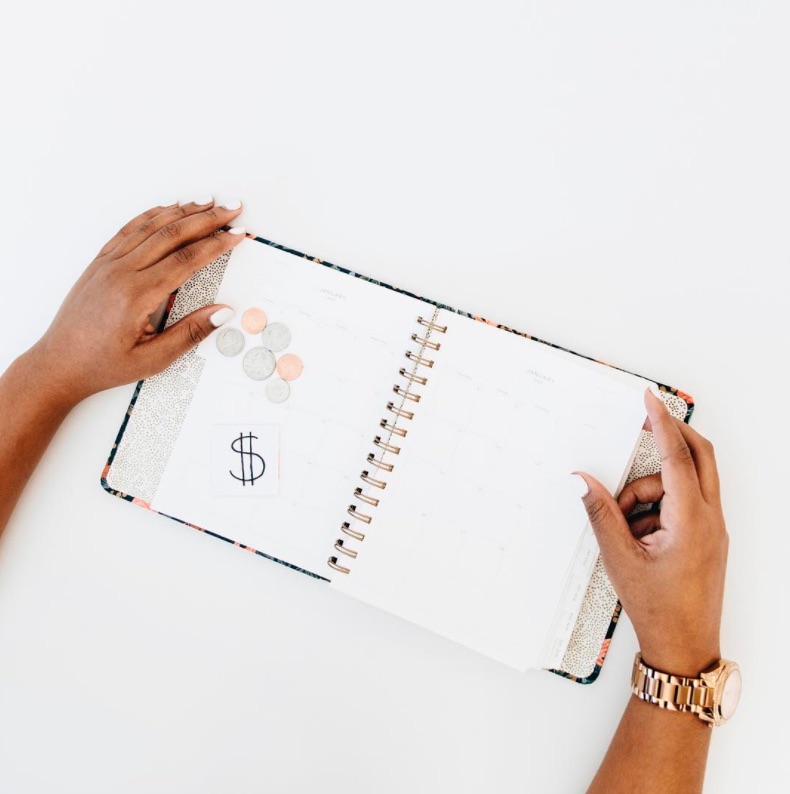No one knows what the future holds. We all want to say that everything will be great, and we hope it brings us amazing things, but it’s always better to err on the side of precaution and be prepared for whatever comes your way. To help you do that, CSBK is here today to share their tips about preparing for life’s unexpected events — with an emergency fund! An emergency fund is a bank account that you use for — you guessed it — emergencies. It’s separate money that is socked away so that you don’t have to stress out should an emergency arise.
Use these helpful tips and tricks to help get your SOS fund started so you’re prepared for whatever comes your way:
First things first. What’s considered a money emergency?
To determine what is considered an emergency, we must first define what’s NOT an emergency: birthday gifts {sorry!}, bills that are not a surprise [ex: car insurance or travel costs], and contributions to discretionary investments aka vacation and holiday savings clubs.
Emergencies are generally unexpected events that prevent you from working or conducting your daily activities. Things like: unexpected car repairs {if you can’t take public transportation to work}, a broken refrigerator, unexpected unemployment, or exceptional health-related expenses.
Why should I have an emergency fund?
In addition to your savings account and your retirement account, starting an emergency fund is a great way to prepare yourself for what life has in store – good or bad. That way, should something unexpected happen, you aren’t strapped for cash if you can’t work full time for one reason or another.
How much money should you save?
Experts recommend three months’ worth of living expenses; we say as much as you can! Having some money is better than having no money, right?! Start by depositing $100 per month, and then find ways to help that money grow.
What money should I save?
The money won’t appear out of thin air. Start off small by setting short term and long term savings goals. If you’re brave – cut out your daily coffee run and opt for a cup of joe at home or in the office. This small change will save you, on average, an extra $50 a month.
If caffeine deprivation isn’t for you, we also recommend the “piggy bank” method: Save your change from breaking larger bills in a jar at home. The coins will add up quickly and get you on the road to saving!
Where should I put the money?
Since an emergency fund is for an emergency and emergencies are not planned, we suggest staying away from the envelope method (i.e. putting money in an envelope in your t-shirt drawer every week) or any bank accounts with penalties for withdrawing cash, like a CD. Try an interest-bearing savings account, which keeps your money safe (and out of your hands) and makes for hassle-free withdrawals.
See More: 5 Tips for Staying Safe While Traveling
I spent my emergency fund. What do I do now?
If you spend it, don’t sweat it! There’s no reason to fret; you saved the money once, surely you can do it again. This time, try setting higher goals so you don’t have to start at square one next time.
It’s never too late in life to prepare for the future. Set a savings goal and work toward it little by little. Trust us — in an emergency, you’ll be glad you did!
*Sponsored by CSBK in Hoboken*












